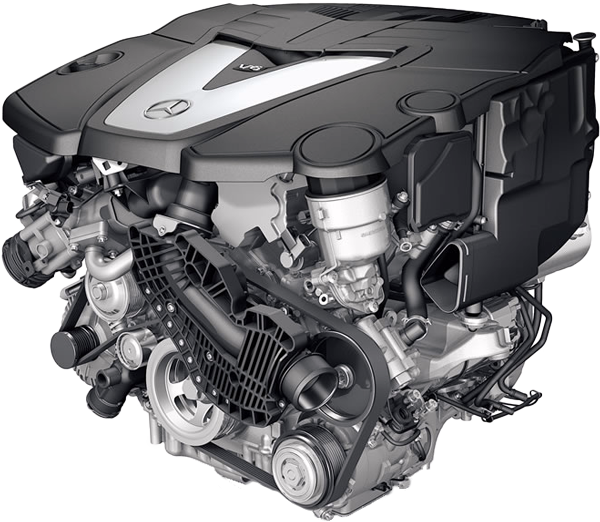The Comparative Analysis :
Mercedes E 400 7G-TRONIC PLUS (13 - 15) vs. Mercedes E 300 7G-TRONIC PLUS (13 - 14)
€ 56,300

€ 51,500

€ 56,300
Base Price ⓘBase price of a new vehicle with standard equipment in Germany at market launch.
€ 51,500
ⓘBase price of a new vehicle with standard equipment in Germany at market launch. Price Info
Vehicle Dimensions
The dimensions of the E 400 and the E 300 are absolutely identical. Both are 192.1 inches long, 73 inches wide and 58 inches tall.
E 400
E 300
58
73
81.5
58
73
81.5
73 in
Width
73 in
81.5 in
Width Incl. Mirrors
81.5 in
58 in
Height
58 in
113.1
192.1
113.1
192.1
192.1 in
Length
192.1 in
113.1 in
Wheelbase
113.1 in
Vehicle Weight
E 400
E 300
3935 lb
Curb Weight
3814 lb
5181 lb
Gross Vehicle
Weight
Weight
5016 lb

Weight Difference:
121 lb
3.07 %

General
E 400
E 300
W212
Generation
W212
Sedan
Car Body Style
Sedan
Mid-Grade Unleaded
Fuel Type
Mid-Grade Unleaded

Rear-wheel drive
Drivetrain
Rear-wheel drive

7-speed automatic transmission
Transmission
7-speed automatic transmission
Engine
E 400
E 300
V6 gasoline engine with two turbochargers (biturbo)
Engine Type
V6 gasoline engine (naturally aspirated engine)
Mercedes-Benz M 276
Engine Series
Mercedes-Benz M 276
M 276.820
Engine Code
M 276.952


4
Valves
4
6
Cylinders
6
3 L / 147 cu in
Displacement
3.5 L / 171 cu in
328 hp
at 5500 rpm
Power
249 hp
at 6500 rpm
E 400
328 hp
249 hp
E 300
354 lb‑ft
at 1400 rpm
Max. Torque
251 lb‑ft
at 3500 rpm
E 400
354 lb‑ft
251 lb‑ft
E 300
Performance
E 400
E 300
155 mph
Maximum Speed
155 mph
5.3 sec
Acceleration 0 to 62 mph
7.1 sec
62 mph
62
mph
mph
243 ft
0.000 sec

E 400
62 mph
62
mph
mph
325 ft
0.000 sec

E 300
▶ REPLAY
12 lb/hp
Weight-to-Power Ratio
15.32 lb/hp
E 400
12 lb/hp
15.32 lb/hp
E 300
Fuel Economy / Emissions
E 400
E 300
Fuel Economy
31 mpg
combined
35 mpg
E 400
31 mpg
35 mpg
E 300
23 mpg
city
25 mpg
41 mpg
highway
44 mpg
15.6 gal
Fuel Tank Capacity
15.6 gal
489 mi
Range
539 mi
E 400
489 mi
539 mi
E 300
Environmental Impact
142.1 kWh
Total Energy Consumption
per 100 miles ⓘThe total energy consumption per 100 miles is the amount of energy consumed by a vehicle when burning fuel or using electricity per 100 miles (final energy), and the energy required to produce the appropriate amount of fuel or electricity (primary energy).
per 100 miles ⓘThe total energy consumption per 100 miles is the amount of energy consumed by a vehicle when burning fuel or using electricity per 100 miles (final energy), and the energy required to produce the appropriate amount of fuel or electricity (primary energy).
128.7 kWh
E 400
142.1 kWh
128.7 kWh
E 300
Euro 6b (NEFZ)
Emission Standard
Euro 5
282 g/mi (NEFZ)
CO2 Emissions
256 g/mi (NEFZ)
Practical Convenience
E 400
E 300
4
Doors
4
5
No. of Seats
5
1246 lb
Maximum Payload
1202 lb
15.3 cu ft
Trunk Volume
15.3 cu ft










No data
Cargo Volume (Seats Down)
No data
















